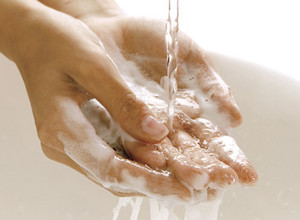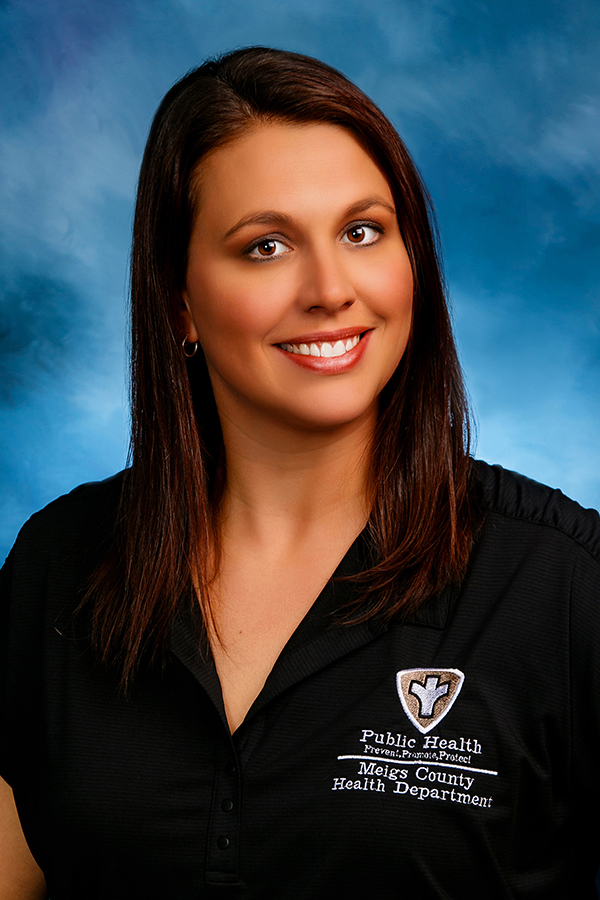Fighting the Cold Weather Germs


Maternal & Child Health, Program Director
Meigs County Health Department
Fighting the Cold Weather Germs
by Juli Simpson, RN, BSN, LSN
Maternal & Child Health, Program Director
Meigs County Health Department
Although colds, flus, COVID-19 and stomach bugs can hit anytime, these illnesses are more common in the winter months. There are a few reasons why this is the case—for example, we are indoors much more and in closer proximity to others—but there are some steps we can take to help prevent the spread of the yuck, including some habits kids can start early on.
- -Wash, Wash, Wash! Handwashing is the single most effective way to prevent spreading infections. Hands down. Soap and warm water for at least 20 seconds is best, but hand sanitizer will also do the trick until you can get to a sink. Make it a habit to wash/sanitize hands multiple times throughout the day that could help stop the chain-link of germ transmission. For example: always before eating, as soon as you get in the car from the grocery store/shopping/event, etc., as soon as kids come in the door from school, after using the restroom, before AND after an athletic/group event (especially the athletes themselves), after sneezing or blowing your nose, after changing a baby’s diaper, and really anytime that you think about it! Keep a small bottle of hand sanitizer in your car, backpack, purse, or wherever you can for use until you can get to a sink. And don’t forget about washing a baby’s hands regularly too, and asking others to wash their hands before holding a baby.
- -Avoid touching your eyes, nose, and mouth. Some of us do this habitually without even thinking about it. Germs can enter your body through these mucous membranes, and you can also spread germs easily from these secretions. If you or your kids do tend to touch the face area frequently—wash those hands frequently!
- -Cover your mouth and nose—just NOT with your hands! It is best to cough or sneeze into the bend of your elbow, inside your shirt, or into a disposable tissue. This is an important habit to teach kids. Think about it: if you sneeze into your hands, those respiratory droplets that contain germs will then transfer to everything you touch after that sneeze. Make sure to wash or sanitize your hands after disposing of a used tissue.
- -Practice other good health habits, such as exercising, healthy eating, getting enough sleep, staying hydrated, and managing stress can all help support your immune system as it fights to fend off germs. Talk with your doctor about any vaccinations that you may be eligible for, as well as any vitamin supplements, such as vitamin D, that may be right for you.
- -Stay away when you’re sick, and stay away from others when they’re sick! This can be a tough one, especially if it will spoil plans that you or a child have been looking forward to, or if work duty calls. But it is one of the most important things you can do to stop the spread of an illness. Babies and young children’s immune systems are naturally weaker than adults, so it is even more so important for babies to avoid close contact with others that are sick. If it’s unavoidable, it’s even more important to have good hand hygiene.
- -Regularly clean and disinfect—at home, work, school, and anywhere you can! Especially commonly touched surfaces like doorknobs, phones, remote controls, light switches, baby’s toys, faucets, shopping cart handles, keyboards, countertops, and toilets. Stale air that is not ventilated well can also help germs spread. When the weather permits, be sure to open doors and windows for a bit so that some fresh air can replace the stale air inside that may contain virus droplets.
By taking some of these important steps, you and your loved ones can help prevent the catching AND spreading of infections. Above all, remember to, wash wash wash those hands!









